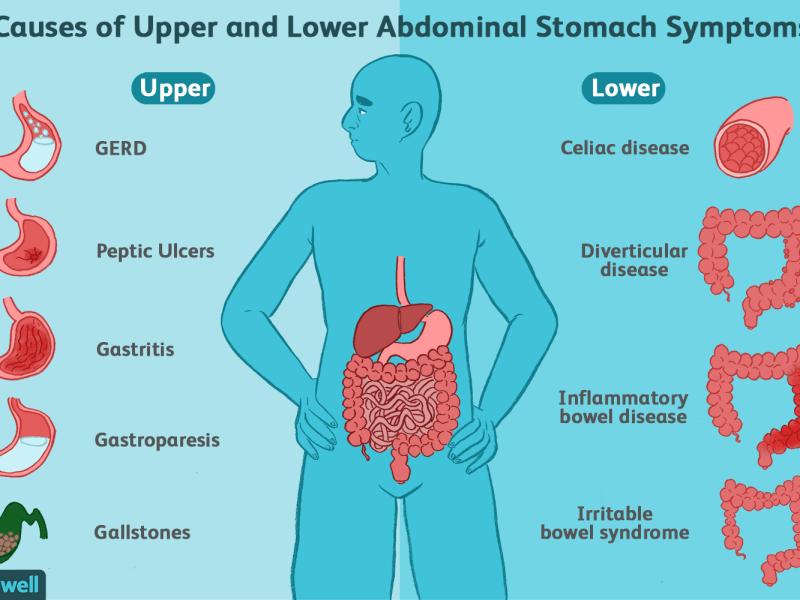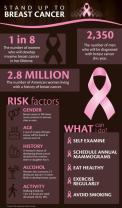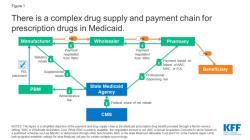Why is my stomach sore to the touch?
A sore or tender stomach can result from various causes, and the specific reason for your stomach soreness may vary. Here are some possible causes and remedies for a sore stomach:
Muscle Strain: Stomach muscles can become sore due to overexertion, such as intense exercise or lifting heavy objects. Rest and over-the-counter pain relievers like ibuprofen can help alleviate muscle soreness.
Indigestion: Consuming large or spicy meals, overeating, or eating too quickly can lead to stomach discomfort. Avoiding trigger foods, eating smaller portions, and taking antacids can help with indigestion.
Gas and Bloating: Accumulated gas in the digestive system can cause abdominal discomfort. Over-the-counter gas-relief medications or natural remedies like ginger tea may provide relief.
Constipation: Hard or infrequent bowel movements can lead to a sore and bloated stomach. Increasing fiber intake, staying hydrated, and using laxatives or stool softeners as directed can alleviate constipation.
Gastritis: Inflammation of the stomach lining, known as gastritis, can cause soreness. It's often related to dietary factors, excessive alcohol consumption, or infection. Treatment may involve antacids, dietary changes, and addressing the underlying cause.
Stomach Ulcers: Ulcers are open sores on the stomach lining. They can cause pain and soreness. Treatment involves medications to reduce acid production and antibiotics if caused by H. pylori infection.
Irritable Bowel Syndrome (IBS): IBS can lead to abdominal pain, cramps, and tenderness. Managing IBS may involve dietary changes, stress reduction, and medications prescribed by a healthcare provider.
Infections: Viral or bacterial infections like gastroenteritis can lead to stomach soreness. Rest, staying hydrated, and, in some cases, antibiotics are treatment options.
Inflammation: Inflammatory conditions like Crohn's disease or diverticulitis can cause abdominal soreness. Managing inflammation may require medications and dietary adjustments.
Menstrual Cramps: In women, menstrual cramps can cause lower abdominal pain and soreness. Over-the-counter pain relievers and heat therapy can help alleviate cramps.
Hernia: Hernias occur when an organ pushes through a weakened muscle or tissue. They can lead to abdominal discomfort. Surgical repair may be necessary for certain types of hernias.
Food Allergies or Intolerances: Some individuals may experience stomach soreness due to food allergies or intolerances. Identifying trigger foods and avoiding them is key to managing this type of soreness.
If your stomach soreness persists, worsens, or is accompanied by additional concerning symptoms such as severe pain, fever, vomiting blood, or blood in the stool, it's crucial to seek medical attention promptly, as these could be signs of a more serious condition. Always consult with a healthcare provider for a proper diagnosis and tailored treatment recommendations based on the specific cause of your stomach soreness.
Sure, here is some information about a sore stomach on touch, including causes, remedies, signs of a medical condition, common lifestyle factors contributing, when to worry, and preventive measures:
Causes of Sore Stomach on Touch
There are various causes of a sore stomach on touch, ranging from mild and temporary issues to more serious medical conditions. Some common causes include:
Gas: Gas buildup in the stomach can cause pain and discomfort, especially when touched. This can be due to factors like eating too quickly, consuming gas-producing foods, or having digestive issues.
Indigestion: Indigestion, also known as dyspepsia, is a common digestive disorder characterized by abdominal pain, bloating, and heartburn. It can be caused by various factors, such as overeating, consuming fatty or spicy foods, stress, or certain medications.
Irritable bowel syndrome (IBS): IBS is a chronic digestive disorder that affects the large intestine. Symptoms include abdominal pain, cramping, bloating, and changes in bowel habits. A sore stomach on touch can be a common symptom of IBS.
Gastritis: Gastritis is an inflammation of the lining of the stomach. It can be caused by factors like bacterial infections, excessive use of nonsteroidal anti-inflammatory drugs (NSAIDs), or autoimmune disorders.
Appendicitis: Appendicitis is an inflammation of the appendix, a small finger-shaped organ attached to the large intestine. Appendicitis can cause severe abdominal pain, particularly in the lower right abdomen. Touching the area can make the pain worse.
Remedies for Sore Stomach on Touch
Depending on the underlying cause, there are various remedies that may help alleviate a sore stomach on touch. Some common remedies include:
Over-the-counter pain relievers: Over-the-counter pain relievers like ibuprofen or acetaminophen can help reduce pain and inflammation associated with a sore stomach.
Antacids: Antacids can neutralize stomach acid and provide relief from heartburn and indigestion.
Probiotics: Probiotics are live microorganisms that can help improve gut health and digestion. Probiotic supplements may help reduce bloating and abdominal discomfort.
Heating pad: Applying a heating pad to the affected area can help relax muscles and reduce pain.
Dietary changes: Avoiding certain foods that can trigger digestive issues, such as fatty, spicy, or gas-producing foods, can help reduce stomach discomfort.
Stress management: Stress can worsen digestive problems. Implementing stress-reduction techniques like yoga, meditation, or deep breathing can help alleviate stomach pain.
Is Your Sore Stomach a Sign of a Medical Condition?
While occasional stomach discomfort is common, persistent or severe pain, especially when accompanied by other symptoms, could indicate an underlying medical condition. Consult a doctor if you experience:
- Severe or persistent abdominal pain
- Fever
- Nausea or vomiting
- Blood in the stool
- Unexplained weight loss
- Difficulty swallowing
Common Lifestyle Factors Contributing to a Sore Stomach
Certain lifestyle factors can contribute to a sore stomach, including:
Poor diet: Consuming a diet high in processed foods, sugary drinks, and unhealthy fats can disrupt digestion and lead to stomach discomfort.
Lack of exercise: Regular physical activity promotes digestive health and can help reduce bloating and constipation.
Smoking: Smoking irritates the stomach lining and can increase the risk of digestive problems.
Excessive alcohol consumption: Excessive alcohol intake can damage the digestive tract and contribute to stomach pain.
Stress: Stress can worsen digestive symptoms and make existing conditions like IBS more severe.
When to Worry About a Persistent Sore Stomach
If your sore stomach persists for more than a few days or is accompanied by other concerning symptoms, it's important to consult a doctor. They can evaluate your symptoms, determine the underlying cause, and recommend appropriate treatment.
Preventive Measures to Avoid Stomach Soreness and Discomfort
Adopting healthy lifestyle habits can help prevent or reduce stomach discomfort:
Eat a balanced and nutritious diet: Focus on whole grains, fruits, vegetables, and lean proteins. Limit processed foods, sugary drinks, and unhealthy fats.
Incorporate regular exercise: Aim for at least 30 minutes of moderate-intensity exercise most days of the week.
Manage stress: Implement stress-reduction techniques like yoga, meditation, or deep breathing.
Avoid smoking: Smoking is harmful to overall health and can worsen digestive issues.
Limit alcohol consumption: Excessive alcohol intake can irritate the stomach lining and contribute to digestive problems.
Maintain a regular eating schedule: Eating regular meals and snacks can help prevent indigestion caused by hunger or overeating.
Chew your food thoroughly: Chewing your food properly aids digestion and breaks down food particles better.
Stay hydrated: Drinking













